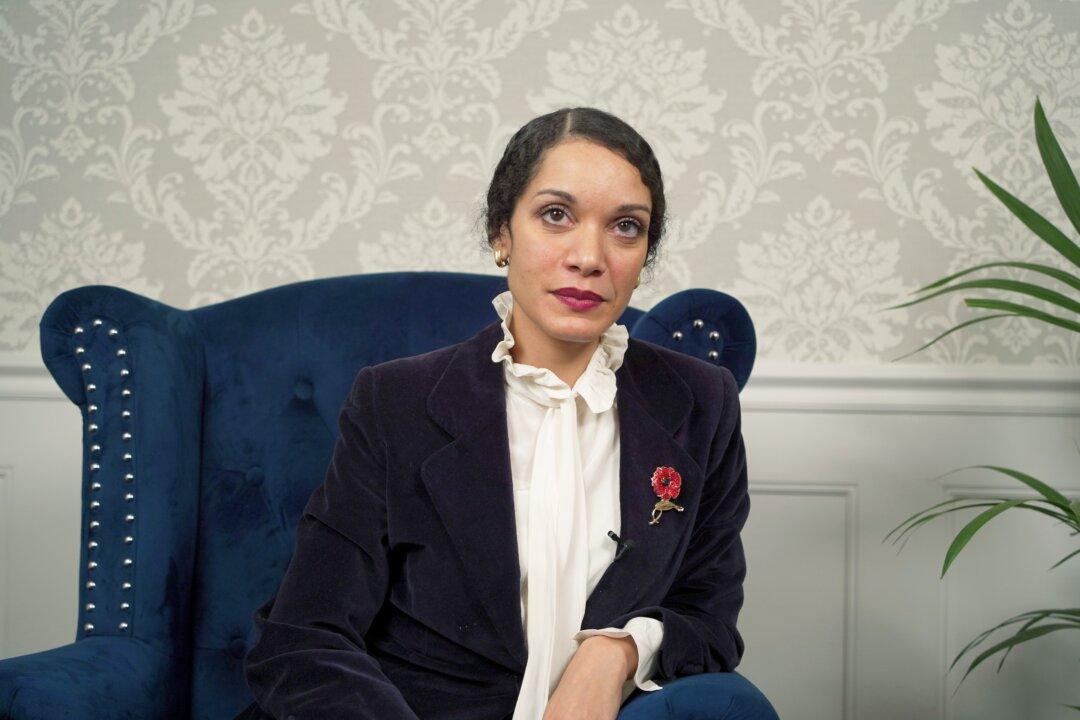The movement of decolonising the curriculum is “fundamentally destructive,” says author and lecturer Marie Kawthar Daouda.
In an interview with NTD’s “British Thought Leaders” programme, Ms. Daouda also said that disregarding the roles of Africa and the Islamic conquest in slavery is “extremely racist” because it removes the agency or ethical responsibility from those who are seen as ethnic minorities from the European perspective.






